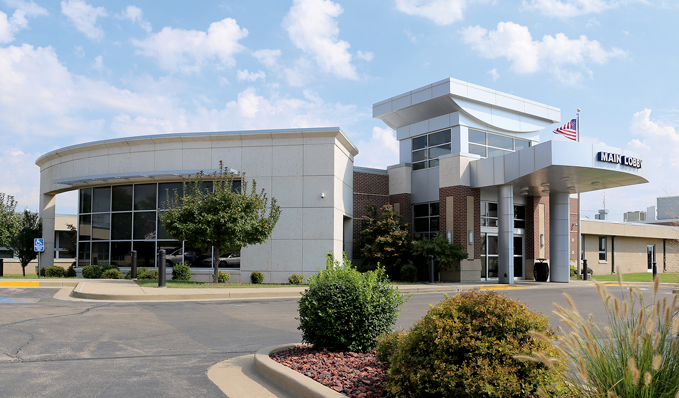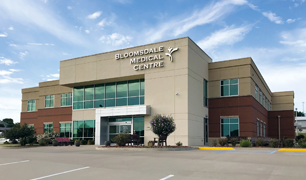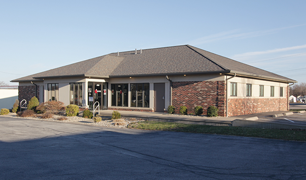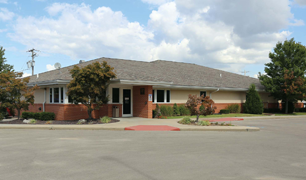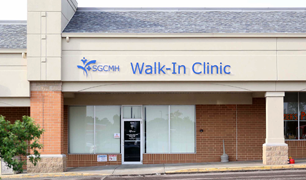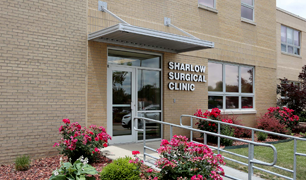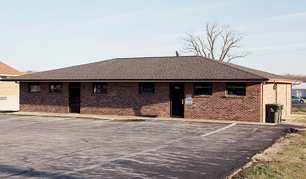Plan of Care
We come to your home on your doctor’s orders, listen to what you have to say, assess your unique needs and plan of care with your physician to restore your quality of life. In many ways, we are your physician’s eyes and ears.
As integral as our team is to your recovery, though, the most important member of the team just might be you. Your commitment, your cooperation, your courage is going to make the difference. SGCMH Home Health can help you get there.
After a comprehensive assessment your level of care is developed. Home Health services are provided on a skilled intermittent basis. At each visit your team members will closely follow your care plan and note your progress to report to your provider.
Additional team members are available to provide physical, occupational and speech therapy. The Home Health team also includes a medical social worker to assist patients with any counseling needs.
Skilled Intermittent RN Services
- Blood Pressure Monitoring
- Catheter, Ostomy Care
- Laboratory Sample Collection
- IV Therapy
- Injections
- Postoperative follow-up
- Medication evaluation
- Post-partum, pediatric and newborn care
- Cardiac follow-up
- 24 hour on-call RN
- Diabetic management and education
- Wound Care services
Personal Care Services
Medical Social Services
Social Services helps patients and their families with counseling, care coordination and crisis prevention and management.Physical Therapy
Patients receive care to improve strength and mobility and to obtain maximum potential in rehabilitation. A physical therapist can help you move freely again when a part of your body is hurting. Your physical therapist will come knocking on your door to get you up and moving with rehab at home and help you avoid an injury altogether.Physical therapists are commonly called in for patients with arthritis and joint pain, joint replacements, soft tissue injuries, chronic pain syndromes, gait and balance disorders, stroke, head injuries or other neurological diseases such as Parkinson’s, Multiple Sclerosis or ALS.
On the first visit, your PT will do a functional assessment to get an idea of your strength and functional mobility.
Next, the therapist will help you identify your goals and provide counseling on what's realistic. Depending on your unique circumstances, your PT might work with you to help you improve your walking, balance, pain relief, range-of-motion, posture, strength or mobility. You'll be educated on what movements and habits to avoid. And, in most cases, you'll get homework - exercises for you to do on your own.
One major reason doctors order physical therapy is to help patients recover from and prevent falls. Studies show that falls are the leading reason for admission to skilled nursing facilities. In the U.S. alone, one of three adults over the age of 65 falls each year, and more than half fall more than once. This annual rate increases over the age of 80.
Speech Therapy
Speech Therapy is given to meet the specific needs of patients to restore speech, chewing and swallowing disorders.
A Speech-Language Pathologist (SLP), sometimes called a speech therapist, specializes in the evaluation and treatment of swallowing, cognition/thinking skills and communication disorders. SGCMHs' SLP often collaborates with physicians, nurses, psychiatric nurses, occupational therapists, physical therapists, social workers and dieticians to provide holistic care to our patients.SLP services aim to improve a person’s quality of life through regaining the ability to eat and swallow, improving cognitive skills for increased independence, and helping to regain communication skills to express wants, needs and ideas. SGCMHs' SLP takes advantage of being in the home to more effectively assess our patients’ real-world needs and individualize their treatment. Oftentimes patients with dementia or cognitive impairment respond better to treatment because they’re in a familiar setting – their own home.
Our SLP provides comprehensive care including:
- Evaluation and treatment of communication disorders, swallowing and cognition deficits
- Address Activities of Daily Living (ADL)
- Identify risk of decreased mobility, falls and wound development
- Patient/family/caregiver education
Occupational Therapy
Occupational Therapy training, aids, and assistive devices are provided to develop or regain physical and mental function lost due to accident, injury, or medical condition. Occupational therapists help patients regain the skills for the job of daily living. Your Amedisys OT will use a holistic approach to help you accompish activities important to maintaining independence in your daily life.
Occupational therapists have been around since 1917, helping patients regain the skills for the job of living. Your SGCMH Home Health OT will use a holistic approach to help you accomplish activities important to maintaining independence in your daily life.
Physicians commonly order occupational therapy for patients with stroke, neurological diseases amputation and other disabilities. They help patients learn how to use medical equipment, assistive devices and prosthetics.
Your kitchen, your bathroom, your living room, your office - these will make up your campus as you learn to manage activities such as bathing and personal hygiene, dressing, meal preparation and eating, bowel/bladder management and more.
Your OT is an expert with tips, tricks and new techniques to help you re-master daily skills. He or she will build activities you enjoy into your routine to make your therapy more enjoyable and give it meaning.
Many times, patients are nervous to try things. Your OT will help you build confidence and regain your independence.
Lifeline
Lifeline is a communication unit that allows the user to call for help at the push of the personal button. It was launched in 1985 to help the many residents in our community who want the peace-of-mind that they have the ability to signal for emergency assistance from their home. Lifeline units permit the user to contact the response station by merely pressing the Personal Help Button.
There is a one-time installation fee for the LifeLine unit. Lifeline gives you the choice of (2) two payment plans: Plan 1: a month-to-month fee; Plan 2: a yearly rental fee.


